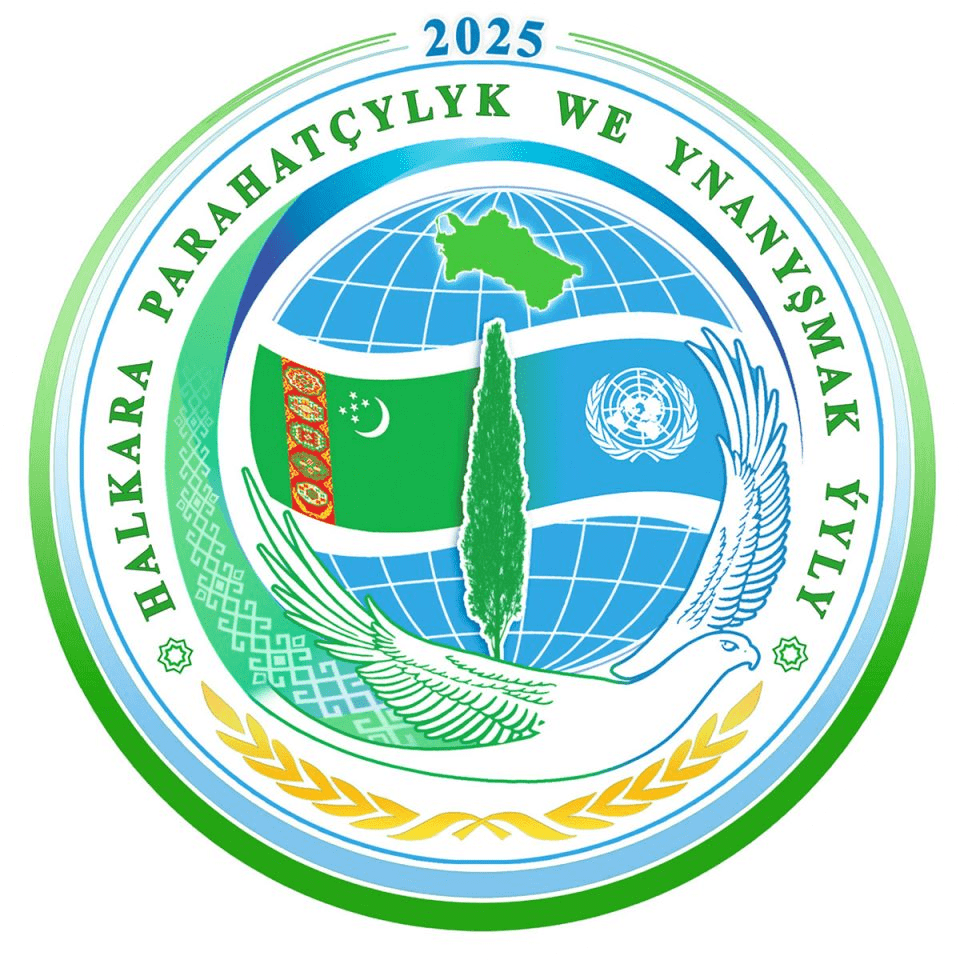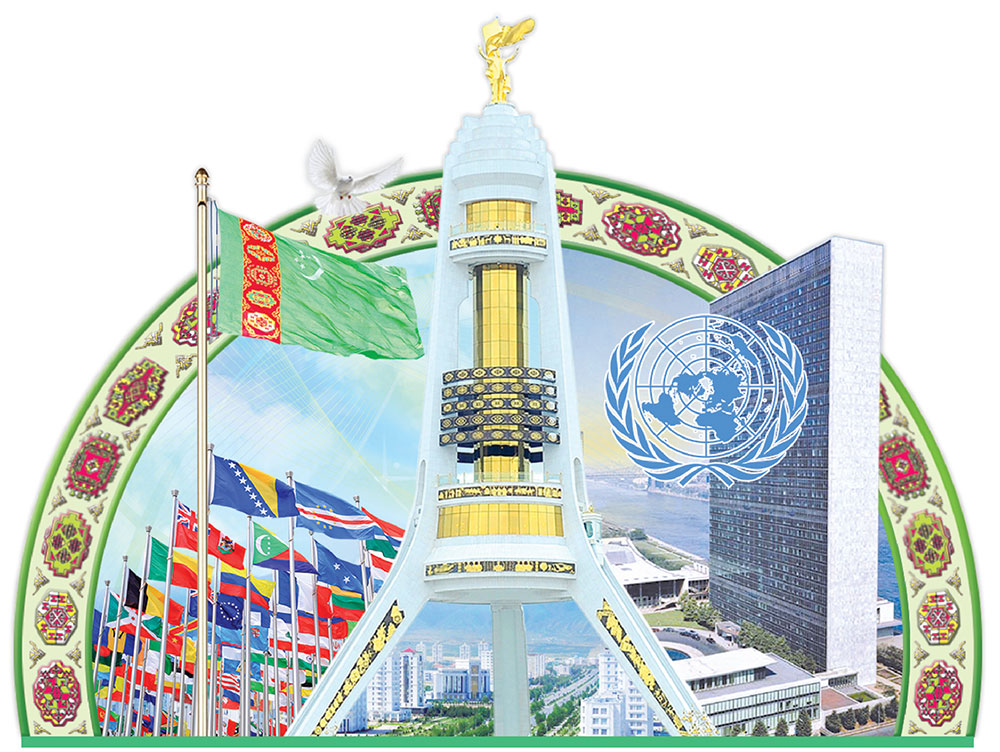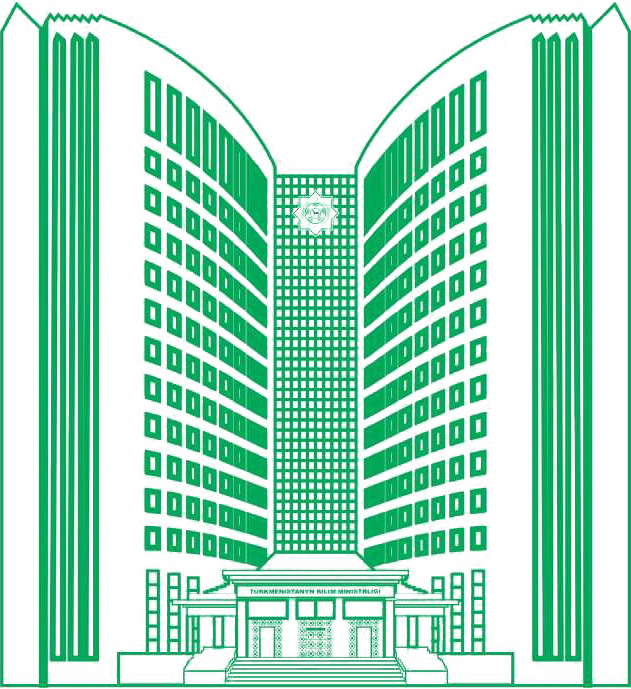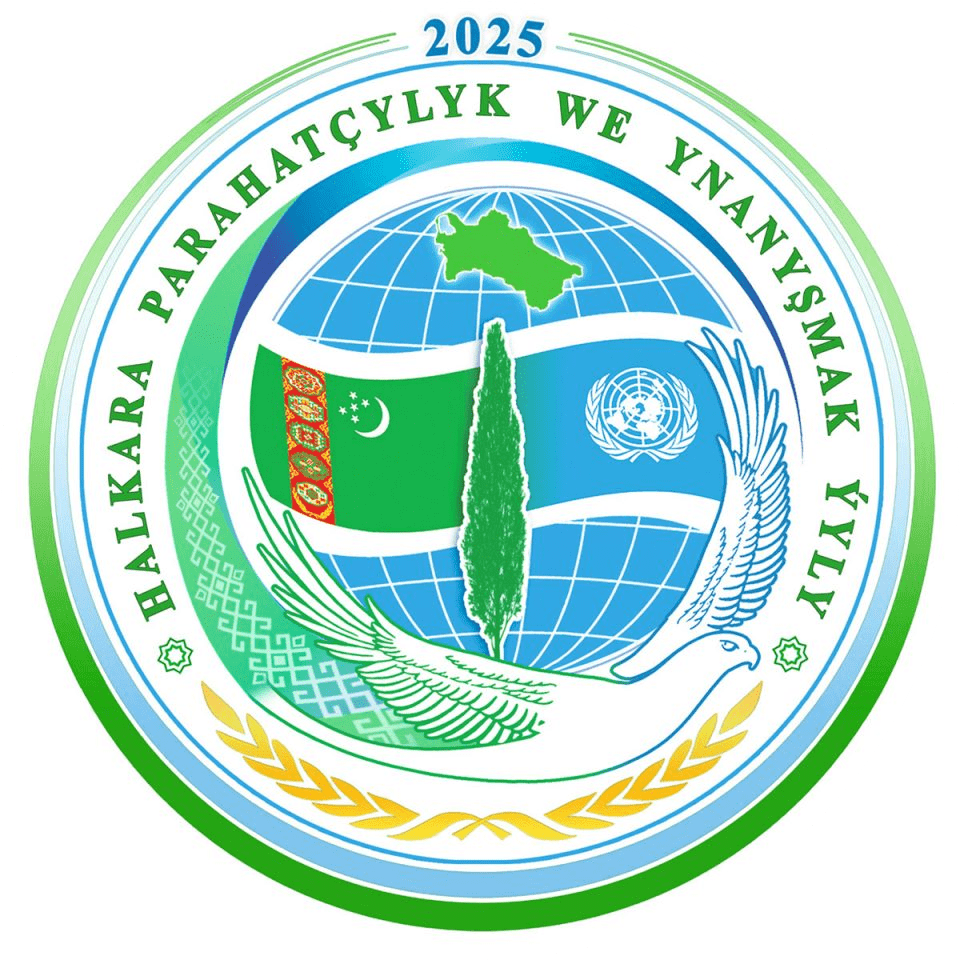
News
A meeting of the National Coordinators of the LLDCs and the UN Resident Coordinators was held in Avaza
333

Within the framework of the Third UN Conference on Landlocked Developing Countries (LLDC), held in the Avaza National Tourist Zone, a meeting of national coordinators of LLDCs and UN Resident Coordinators was held on August 6 on the topic of “Studying strategies for the implementation of action programs in national policies and development plans to ensure coordination and cooperation.”
This is one of the important events on the sidelines of the representative International Forum, aimed at developing cooperation in solving the problems facing the RNCDM and increasing the effectiveness of the work carried out in this area.
The presentations particularly emphasized the importance of ensuring consistency between national priorities and international commitments. In particular, the need for the fastest possible integration of the Avaza Action Programme into national development strategies was noted, and a range of priority tasks facing LLDC national coordinators in this regard was identified, who are assigned a significant role in expressing the priorities of the countries they represent and in strengthening relations with UN organizations and structures.
As is known, the network of national coordinators was established in 2022 by the Office of the High Representative for the Least Developed Countries, Landlocked Developing Countries and Small Island Developing States to facilitate and coordinate the implementation of the LLDCs' Programmes of Action at the national level, which opened up new opportunities for achieving the objectives. UN Resident Coordinators, in turn, participate in the development and implementation of projects, providing them with technical and financial support.
The meeting participants emphasized the importance of further enhancing the established productive cooperation between LLDC national coordinators and UN resident coordinators to adapt the Sustainable Development Goals to the specifics of each country and successfully implement the 2030 Agenda, taking into account international initiatives and national priorities. As noted, these complementary structures can expand interaction by creating common platforms and enhancing information exchange.
A separate topic of discussion was innovative approaches and best practices related to the implementation of the Avaza Action Programme. The meeting participants noted the importance of creating partnership platforms that facilitate the exchange of knowledge, information and experience, as well as combining efforts to implement joint projects with transit countries. This, in the general opinion, will directly contribute to the consolidation of efforts and more effective use of existing opportunities.
The discussion included a mutually interested exchange of views on effective ways to jointly implement the key tasks outlined in the new Program, which serves as a guide to action for the next decade. In this regard, the need to continue the established constructive dialogue, deepen multilateral cooperation, and use innovative approaches to achieve sustainable and inclusive growth was emphasized.
The creation of interdepartmental working groups with the participation of representatives of various ministries and industry departments (transport, trade, finance, planning), as well as the development of a corresponding Roadmap were named as an effective mechanism. Great importance should be given to explaining the importance of the Avaza Action Program to government officials, representatives of the private sector and civil society, holding information events to ensure their effective participation in its implementation, which will ensure a comprehensive approach to solving the problems facing the LLDCs.
At the end of the meeting, the LLDC National Coordinators and UN Resident Coordinators expressed their gratitude to the Turkmen side for the high organizational level of the event and expressed confidence that such meetings, joint efforts and exchange of experience will accelerate the implementation of the Avaza Action Programme and its integration into national LLDC development programmes and strategies, becoming the basis for new initiatives aimed at building a prosperous and sustainable future for all.
744000, Turkmenistan, Ashgabat city, Baktyarlyk etrap, Magtymguly avenue, 136 house
© 2025 Ministry of education of Turkmenistan Innovation information center. All rights reserved.





